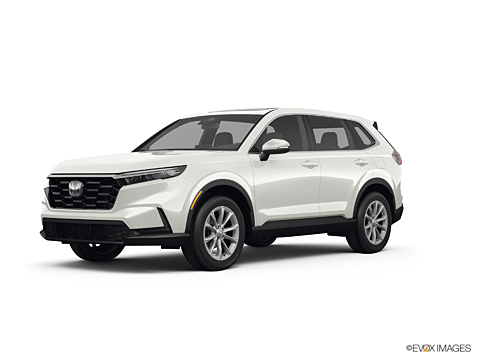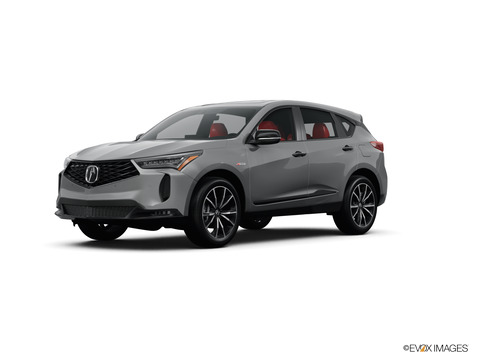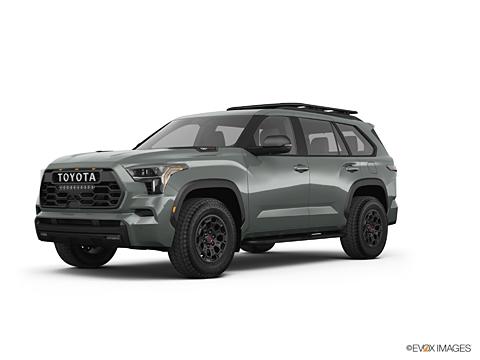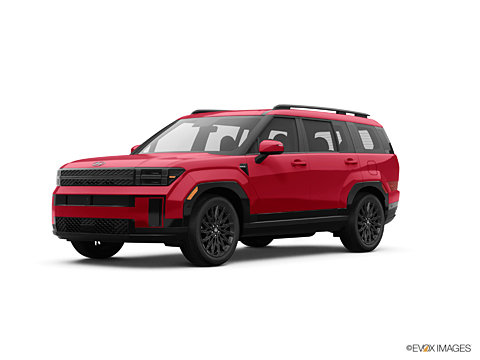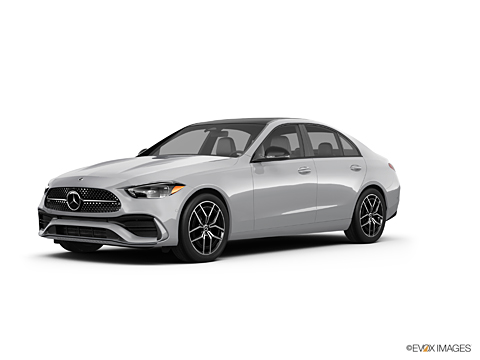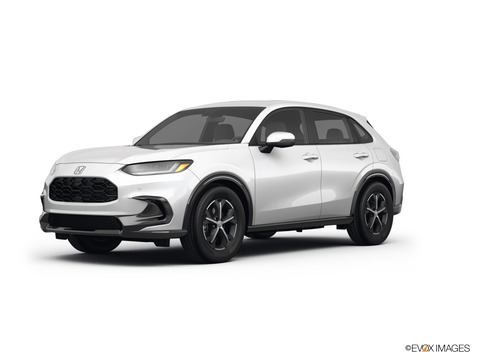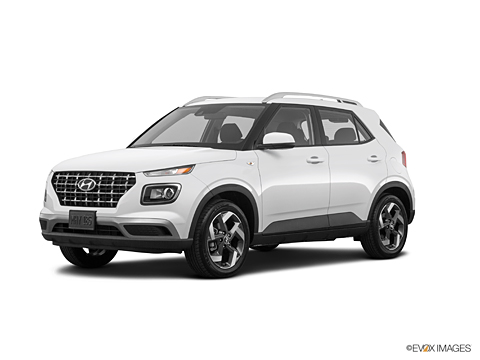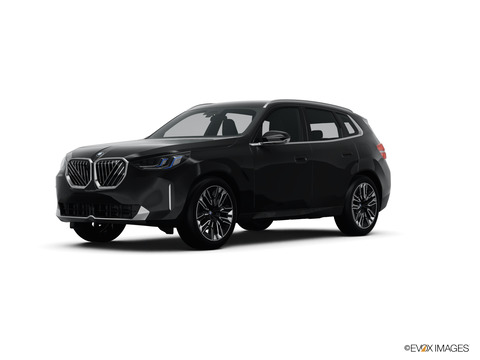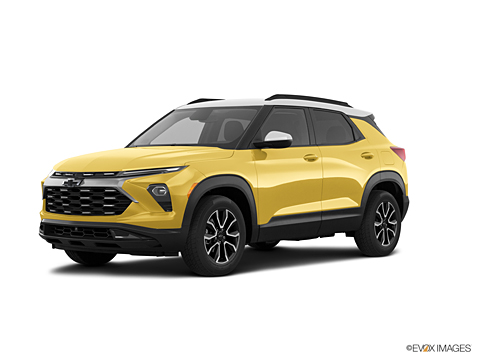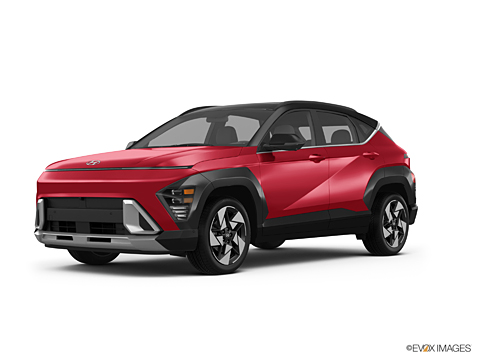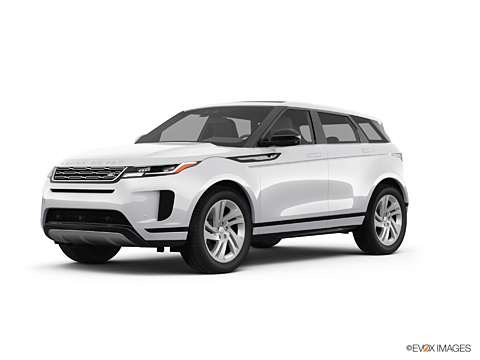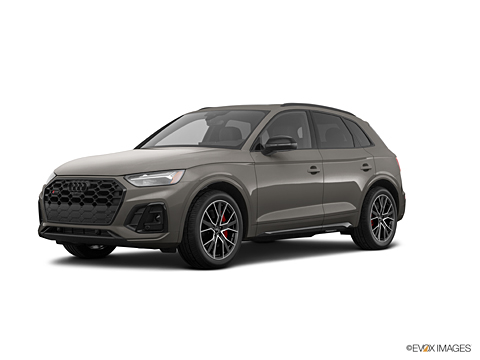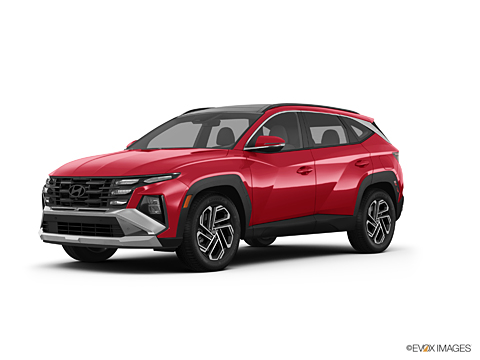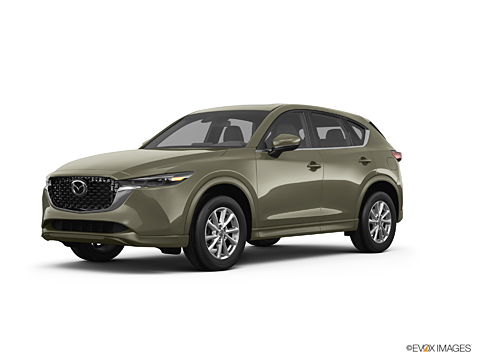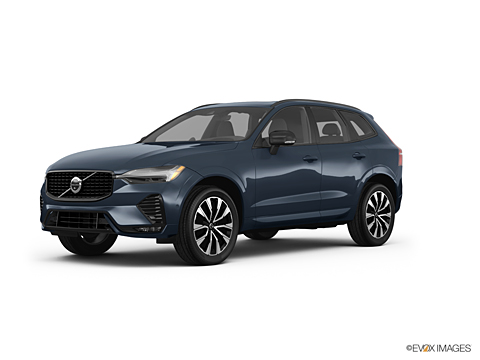
Best Turbocharged SUVs for 2025
These are the best turbocharged SUVs based on iSeeCars' analysis of each vehicle’s reliability, resale value and safety.
Many lists ranking turbocharged SUVs may already exist, but those depend mostly on subjective editorial criteria. iSeeCars' Best Turbocharged SUVs are ranked using a data-driven and objective methodology. By applying data science to over 330 million vehicles, iSeeCars analyzes each car to understand its reliability and how long-lasting it is, its safety, and how well it holds its value over time. Each turbocharged SUV is compared to others within its own category, and the best one in a given category is the model with the best ratings across these three key areas, summarized by the iSeeCars Quality Score. Here are the top models in each turbocharged SUV category:
The best turbocharged subcompact SUV is the MINI Countryman (8.0 quality rating), with the Honda CR-V being the best turbocharged small and compact SUV (8.7 quality rating). The Jeep Wrangler ranks #1 for the best turbocharged midsize SUVs (8.5 quality rating).
The best turbocharged large SUV is the Ford Expedition (7.6 quality rating) and the best turbocharged crossover SUV is the Honda CR-V (8.7 quality rating). Topping the list for the best turbocharged three-row SUVs is the Toyota Highlander (8.5 quality rating), while the Toyota 4Runner (hybrid) ranks first for the best turbocharged hybrid SUVs (8.7 quality rating).
The best turbocharged plug-in hybrid SUV (PHEV) is the Jeep Wrangler (Plug-in Hybrid) (8.4 quality rating).
Combining the performance upgrades of a turbocharged engine with the roomy passenger and cargo space of an SUV has become a popular trend for today’s new cars. That’s because smaller turbocharged four-cylinder engines offer the performance of a larger V6 or V8 powertrain while retaining the fuel efficiency benefits of a small engine. This approach is being used across every major vehicle category, from high-performance sports cars to plug-in hybrid compact SUVs to full-size crossovers.
The benefits of a turbo engine are particularly meaningful for SUVs, which tend to be larger, heavier vehicles employing all-wheel drive (AWD), offer towing capacity over 5,000 pounds, and seating for up to 8 people. All of these features add weight while reducing performance and fuel economy. But a turbo can counter the impact of increased weight, and they are just as effective on front-wheel drive (FWD) and rear-wheel drive (RWD) SUVs, too.
iSeeCars has identified the best turbocharged SUVs across every major category and ranked them below. The models are ranked by their iSeeCars quality score, which takes reliability, resale value, and safety into consideration. New and used pricing is also provided for each model, along with horsepower specs and EPA ratings for miles per gallon (MPG).
Turbocharged engines are among the many features SUVs have adopted in recent model years. Amenities like Apple CarPlay, Android Auto, larger infotainment system touchscreens, high-tech safety aids like blind spot monitoring, and active suspensions for improved cornering further complement these vehicles. More advanced drivetrains, with gear counts moving up from six-speed to eight-speed automatic transmissions, have further added to both performance and fuel efficiency in modern SUVs. Sadly, rise in MSRP makes it tougher for many consumers to afford today’s newest models.
But subcompact models like the Chevrolet Blazer, Kia Seltos, and Subaru Crosstrek are still reasonably priced while offering surprisingly spacious front seats and effective cargo areas. Buyers open to newer models might consider the Dodge Hornet or Toyota C-HR, while premium models from BMW, Genesis, Lexus, and Porsche can provide even better performance and more features for buyers with a larger budget.

How We Rank These Cars
The best turbocharged cars rank vehicles by iSeeCars Score which is based on our proprietary assessment of a vehicle’s reliability, resale value and safety (based on ratings from IIHS and NHTSA).
We analyze data from over 12 million new and used vehicles in our Longest-Lasting Cars and 5-Year Depreciation Studies, combined with the NHTSA's Safety Ratings to give you an unbiased guide to the best vehicles in each segment.
iSeeCars Score is an analysis of three factors: reliability, resale value and safety. It is calculated based on the latest research and analysis by our data science team. The data analysis comes from over 12 million new and used vehicles in our Longest-Lasting Cars and 5-Year Depreciation Studies, combined with NHTSA and IIHS Safety Ratings.
Vehicles are scored in three categories:

Reliability
The reliability score represents an analysis of iSeeCars' proprietary research on the longest-lasting vehicles.

Value Retention
The value retention score is based on our data science team's statistical analysis and prediction of 5-year depreciation from MSRP to determine which cars hold their value best, using US Bureau of Labor Statistics data to adjust for inflation.

Safety
The safety score is calculated based on the last five years of crash test ratings from the National Highway Traffic Safety Administration (NHTSA) and incorporates the latest Top Safety Pick information from the Insurance Institute for Highway Safety (IIHS).



